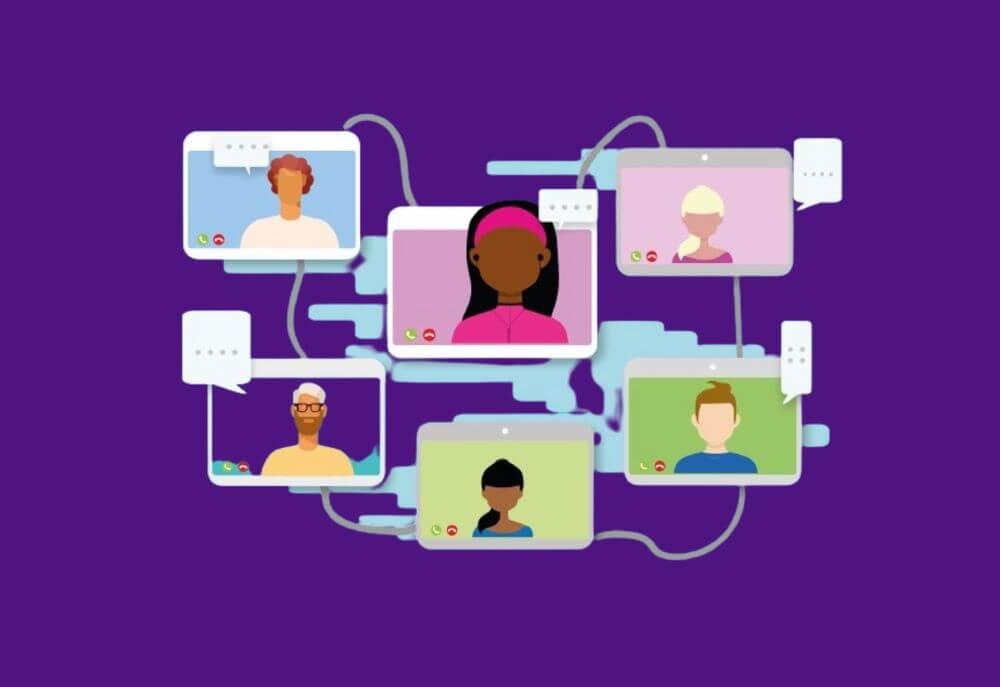In organizational development, one-on-one meetings foster effective management and employee engagement. However, when these meetings are infrequent and lack direction, they can feel pointless and unproductive.
Before delving into strategies to enhance these interactions, let’s address some foundational questions about one-on-one meetings.
What are One-on-One Meetings?
One-on-one meetings are private conversations between a manager and their direct report, designed to foster open communication, provide feedback, and discuss career development.
These meetings offer a dedicated space for personalized attention to an employee’s progress, concerns, and aspirations, away from group settings or daily workflow distractions.
How Often Should You Have One-on-One?
The frequency of one-on-one meetings can vary depending on the nature of the work, the needs of the employee, and the managerial style.
However, a common best practice is to hold these meetings weekly or bi-weekly.
Regular meetings ensure ongoing communication, timely feedback, and the ability to address issues before they escalate, keeping both parties aligned and focused on growth.
What’s the Purpose of One-on-One Meetings?
The primary purpose of one-on-one meetings is to strengthen the manager-employee relationship, ensuring employees feel valued, understood, and supported.
These meetings serve multiple functions, including:
- Feedback Exchange: Providing a platform for giving and receiving feedback on performance, projects, and professional behavior.
- Problem-Solving: Identifying and addressing work-related challenges or personal concerns affecting performance.
- Recognition and Motivation: Acknowledging achievements, offering encouragement, and reinforcing the employee’s value to the team and organization.
- Career Development: Discussing the employee’s career aspirations, planning for skill development, and setting long-term goals.
Enhancing One-on-One Meetings for Impactful Engagement
With these foundational aspects in mind, let’s explore how to make one-on-one meetings more effective and meaningful.
Are you tired of the one-on-one meetings that you have once or twice a year and never seem to lead to meaningful outcomes?
This is where a strategic approach becomes essential, incorporating continuous engagement and focusing on critical areas such as meeting agendas, next steps, and career development.
Additionally, leveraging platforms like Cultup can transform these interactions into dynamic, impactful dialogues.
Crafting a Productive Meeting Agenda
A productive meeting agenda is crucial for successful one-on-one meetings. It ensures that managers and their direct reports come prepared to discuss specific topics efficiently and using dedicated time.
Effective agenda items might include updates on current projects, setting expectations for future tasks, and addressing any immediate concerns.
Integrating career development discussions into the agenda is also a great way to ensure these meetings contribute to long-term growth.
Setting Clear Expectations and Identifying Next Steps
One-on-one meetings offer a prime opportunity to set clear expectations and identify next steps.
This process, crucial for direct reports, involves outlining responsibilities, establishing performance benchmarks, and agreeing on actionable items to achieve set goals.
By setting expectations collaboratively, managers and employees align on objectives, ensuring a shared vision of success.
The Power of Continuous Feedback
Continuous feedback within one-on-one meetings is vital for fostering a culture of growth and improvement. These sessions provide a regular platform for managers to share feedback on performance, celebrate achievements, and identify areas for improvement.
Encouraging employees to share feedback on their work environment and management also promotes a two-way dialogue, which is essential for a healthy, open communication culture.
Dedicating Time to Career Development
Dedicating time to discuss career development is a key component of one-on-one meetings.
This dedicated time allows employees to articulate their career aspirations and explore potential growth paths within the organization.
For managers, these discussions offer insights into how to support their direct reports’ ambitions, aligning individual goals with the organization’s objectives.
How Long Should One-on-One Meetings Be?
The ideal length for one-on-one meetings is typically between 30 to 60 minutes. This duration strikes a balance between covering all necessary agenda items and maintaining focus without overwhelming either party.
Regular, scheduled meetings—whether weekly or bi-weekly—ensure ongoing communication and the timely addressing of issues and achievements.
Starting and Leading One-on-One Meetings
Starting a one-on-one meeting positively can set the tone for the entire discussion. A simple check-in on the employee’s well-being or acknowledging a recent success can foster a supportive atmosphere.
Leading the meeting effectively involves active listening, empathy, and clear communication, focusing on both immediate tasks and long-term objectives.
Leveraging Cultup for Enhanced One-on-Ones
With Cultup, you can set up a workspace for each of your employees, transforming your one-on-one meetings into easily trackable interactions throughout the year.
This platform ensures that you and your employees have constant access to what was discussed last time, what goals have been set, and so forth, making every one-on-one meeting meaningful and productive.
Conclusion
By integrating these strategies and leveraging technology like Cultup, one-on-one meetings can become a cornerstone of employee engagement and development.
These meetings are a check-in and dynamic tool for continuous improvement, career development, and mutual success.
Transform your one-on-one meetings into impactful sessions that inspire, support, and drive your team forward.



